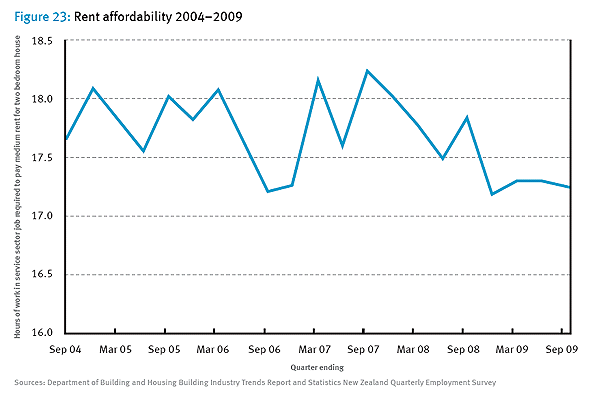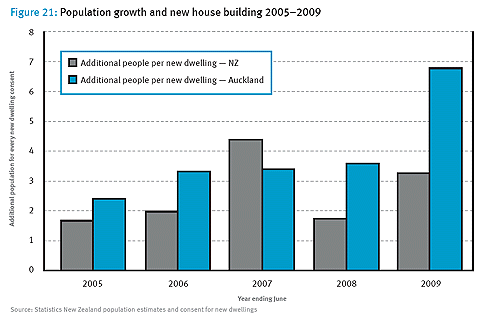Growing housing shortage in Auckland forcing poor into garages and over-crowded houses
By Emma Geraghty 
A migration surge over the last year and a slump in new home building in Auckland is forcing many residents in New Zealand's biggest city into garages and onto couches in the already overcrowded homes of friends and families, say social policy experts.
Almost 7 new migrants arrived in Greater Auckland last year for every one new house built, double the ratio in the previous year, while the ratio in Manukau hit 14 new migrants for every one new home.
Housing remains unaffordable for many poorer Aucklanders and they are unable to pay the higher rents many landlords want to charge. The end result is more people crowding into fewer homes, according to the Salvation Army and the Mangere based housing charity Monte Cecilia.
"More and more migrants are fluctuating into Auckland for employment opportunities, putting housing stress on both the private and publics sectors," Monte Cecilia housing manager Elaine Lolesio told interest.co.nz.
As a result, the term "homeless" has now been redefined by Statistics New Zealand last year to include those without accommodation who are living in temporary shelter, or sharing a house with others, Lolesio said. Statistics NZ has no official figures on homelessness in New Zealand, but has launched a research project that includes those in emergency or temporary accommodation.
"Overcrowding is at the heart of it with the homeless people. It's driven by affordability and we are seeing increasing numbers of families, both middle and lower income, coming to us for support," she said.
'Too hot to have garage doors down'
"Sometimes you get three families living in one home. People are living in garages, caravan parks, even cars, moving from house to house. In the mornings, you can see the garage doors up around the neighborhood with families living inside, it's just to hot too keep the door down."
Monte Cecilia Housing Trust executive David Zussman said the homeless simply can not afford the rents. "Landlords are generally understanding about the rents, but they themselves depend on the rents for their income. Sometimes you get really good private landlords, but a lot depends on that and at the moment more and more people can't afford prices and so they end up over crowding," Zussman said.
This is evident in a report put out last month by the Salvation Army. The 2010 State of the Nation report, A Road to Recovery, shows that as a consequence of the recession, new migrants per dwelling in New Zealand has risen to 3.27 in 2009 from 1.75 people in 2008.
"House price inflation has been most pronounced at the bottom end of the property ladder, where prices in September 2009 were 60% higher than they were five years earlier. Over the same period, middle-valued properties had risen in value by about one-third, while the highest valued properties had risen in value by about one-quarter," Salvation Army said in the report.
Rents not rising fast
Salvation Army estimates it takes nine years of average wages to buy a median-priced house in Auckland. This has improved from the peaks of around 10 years in late 2007. It also noted that rents have risen in line with incomes, despite the hopes of landlords that a shortage of housing supply and fresh migration would increase rents.
"Over the past decade or so, rental housing markets have tended to follow the same growth path as wages, understandable given that for most households, wages pay rents," it said.


We welcome your comments below. If you are not already registered, please register to comment
Remember we welcome robust, respectful and insightful debate. We don't welcome abusive or defamatory comments and will de-register those repeatedly making such comments. Our current comment policy is here.